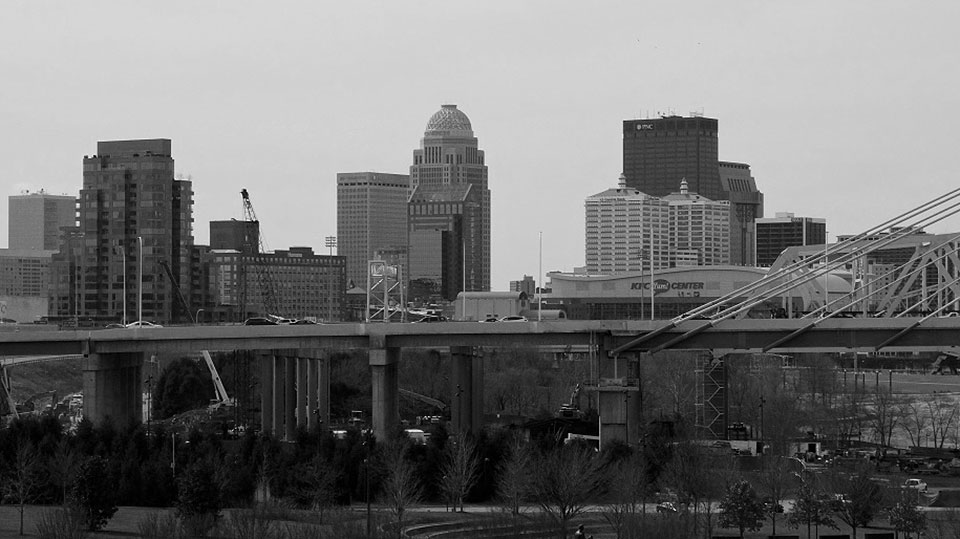A century ago, on the eve of Prohibition, an aging James Whallen closed the Buckingham Theater — the most notorious den of dirty politics, depraved entertainment and populist power in Louisville history. During a period known negatively as the Gilded Age (for the thin coat of gold masking a thick core of social decay), the Whallen brothers — John, the elder, public face, who died in 1913, and James, the behind-the-scenes strategist — ran a wide-ranging burlesque circuit while engineering the victories of at least five Democratic mayoral candidates through means that included open bribery, intimidation and race-baiting.
Their political maneuvers were part business self-protection, considering Republicans then represented “sin” reform and “the Buck” featured coarse burlesque acts, with its second floor — part of which was broken into several “companionship” stalls — alleged to have provided “ladies of the night” for customers. In an 1883 Courier-Journal article, a matter-of-fact Whallen cashier described receiving tickets marked “$2 — Labor Ticket — Good for One Day’s Labor,” which lines of men who had just voted were given by James Whallen and an associate. The cashier then paid each man $2. At that time, voters called out their choices for tally clerks to record. Although Louisville adopted the Australian “secret” ballot in 1888, the wholesale bribery continued, along with bullying suspected other-side voters at polling places — of which the Buckingham was one.
So nasty were the brothers’ tactics that the 1905 election of their choice for mayor — former aldermanic president Paul Barth — was nullified (along with all Democrats elected that year) because of the egregiousness of the Whallen machine’s ballot-box tampering and roughing up of voters. Barth had run against a Fusionist (Republican/independent Democrat) candidate whose election-eve speech was drowned out by the bells of Whallen-controlled trolley cars and fire engines, according to author George Yater in Two Hundred Years at the Falls of the Ohio. After the nullification, Barth committed suicide. Later successful Whallen mayoral candidates — William Head in 1909 and John Buschemeyer in 1913 — heavily laced their campaign speeches with race-baiting, charging other-side candidates with coddling the African-American vote and promising increased black influence.
Much of the Irish and German Catholic immigrant population viewed the Whallens, who doled out favors and money, as benevolent during a time of no public safety net and widespread poverty. Unrestricted immigration from Europe resulted in the city’s population more than doubling during the Whallen years. The machine candidates could generally count on the Catholic immigrant vote; during the late 19th century, that segment voted Democratic by 70 to 30 percent (with Irish Catholics at 80-20). The black vote, when not suppressed, went Republican 60 percent of the time, hardly enough to dent the ratios.
It was John Whallen’s death, followed by Prohibition, that did in the Whallen reign. The next five full mayoral administrations (except for a five-month aberration in 1927) were headed by Republicans.
This originally appeared in the January 2019 issue of Louisville Magazine under the headline "Running the Shows." To subscribe to Louisville Magazine, click here. To find us on newsstands, click here.


